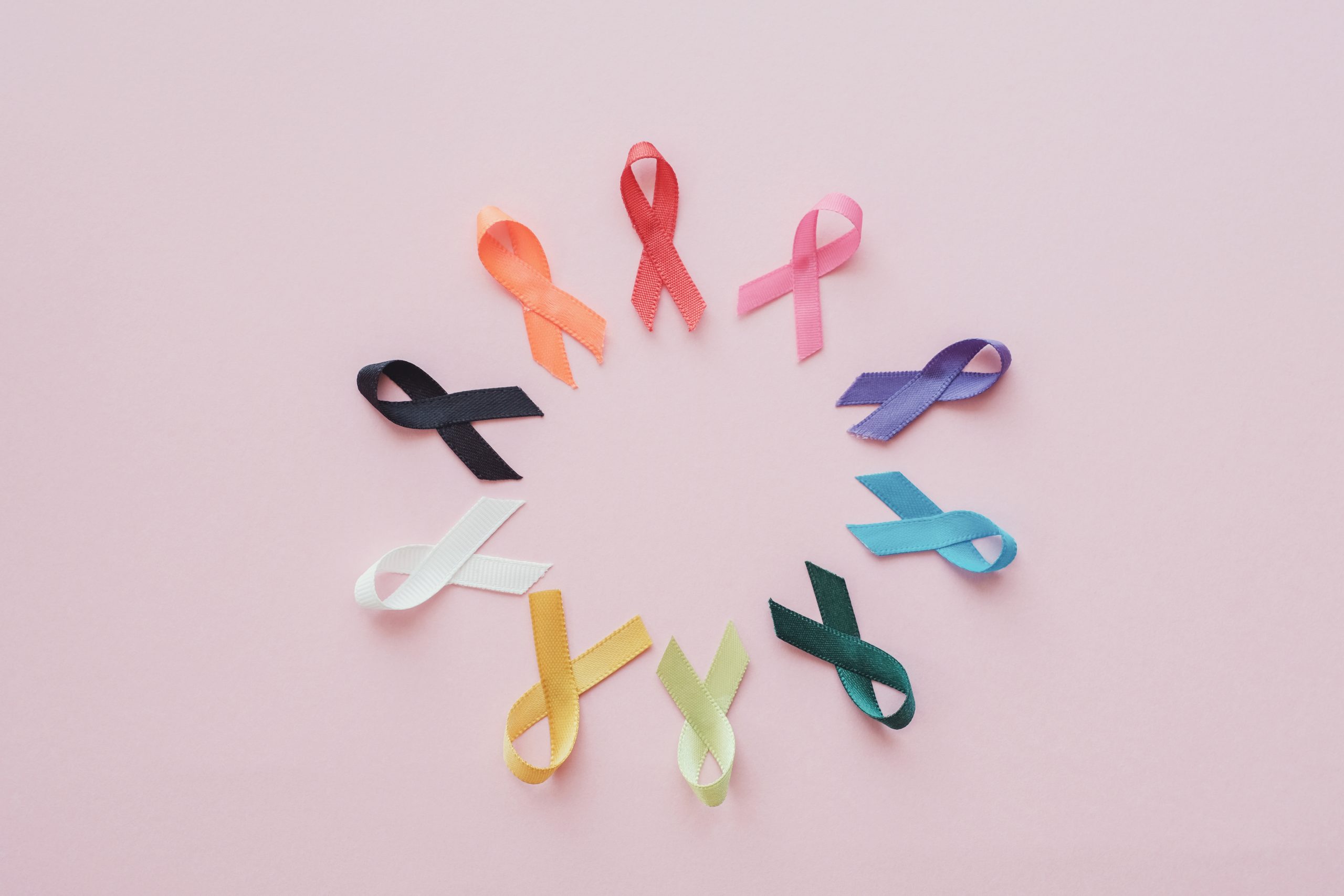Your morning coffee ritual could be slowly undermining your health in ways you never imagined, but five simple brewing tweaks can transform America’s most consumed beverage into a powerful wellness ally.
Story Snapshot
- Coffee consumption has reached record highs with 66% of American adults drinking three cups daily, up 7% since 2020
- Specialty coffee now surpasses traditional coffee, driven by health-conscious consumers seeking wellness benefits
- Simple brewing modifications can maximize coffee’s proven health benefits without sacrificing taste or convenience
- Medical research from Johns Hopkins and Harvard confirms coffee reduces risks of diabetes, heart disease, and dementia
- Industry experts report the coffee market supports 2.2 million jobs and generates over $300 million in daily sales
The Brewing Revolution Transforming American Mornings
Americans have crowned coffee as their beverage champion, dethroning bottled water in a stunning cultural shift. The National Coffee Association reports that specialty coffee consumption has exploded 84% since 2011, with 46% of adults now choosing premium options over traditional blends. This surge reflects more than changing taste preferences—it signals a fundamental reimagining of coffee as medicine rather than mere caffeine delivery.
The specialty coffee movement has created a $300 million daily industry supporting over 2.2 million American jobs. But beneath these impressive economic figures lies a more compelling story: consumers are discovering that their morning ritual can either boost or sabotage their long-term health depending on how they prepare their cup.
Filter Your Way to Longevity
The first and most crucial upgrade requires no expensive equipment or exotic ingredients—simply choose filtered brewing methods over unfiltered options. French press and espresso lovers face a hidden danger: unfiltered coffee contains compounds called diterpenes that can raise cholesterol levels and increase cardiovascular risk. Paper filters trap these harmful substances while preserving beneficial antioxidants and polyphenols.
Harvard researchers have documented how filtered coffee drinkers show significantly lower rates of heart disease compared to those consuming unfiltered varieties. The difference stems from cafestol and kahweol, two diterpenes that survive unfiltered brewing and directly impact cholesterol metabolism. Switching to drip coffee, pour-over methods, or filtered single-serve options eliminates this risk while maintaining coffee’s protective effects against type 2 diabetes and neurodegenerative diseases.
Timing and Temperature: The Hidden Health Multipliers
When you drink coffee matters almost as much as what you drink. Johns Hopkins nutrition experts recommend waiting at least one hour after waking before consuming caffeine, allowing natural cortisol levels to peak and decline. This timing prevents interference with your body’s circadian rhythm and maximizes coffee’s alertness benefits without creating dependency or afternoon crashes.
Water temperature during brewing significantly impacts both flavor extraction and health compound preservation. Optimal brewing occurs between 195-205°F, hot enough to extract beneficial antioxidants but cool enough to prevent bitter compound formation. Many home brewers use boiling water, which destroys delicate polyphenols and creates harsh flavors that mask coffee’s natural complexity and health benefits.
Quality Sourcing: Organic and High-Altitude Advantages
Coffee beans function as agricultural sponges, absorbing pesticides, herbicides, and environmental contaminants during cultivation. Organic certification ensures beans avoid synthetic chemicals while high-altitude growing conditions naturally concentrate antioxidants and beneficial compounds. These premium beans cost more upfront but deliver superior health returns through reduced toxin exposure and enhanced nutrient density.
Single-origin, high-altitude coffees from regions above 4,000 feet elevation contain significantly higher levels of chlorogenic acids—powerful antioxidants linked to improved glucose metabolism and reduced inflammation. The Specialty Coffee Association reports that medium roast profiles, preferred by 62% of specialty drinkers, preserve optimal levels of these health-promoting compounds while developing complex flavors that reduce the need for added sugars or artificial enhancers.
Sources:
More Americans Drink Coffee Each Day Than Any Other Beverage
Average American Has 3 Cups of Coffee Research
Specialty Coffee Consumption in the US Hits a 14-Year High











